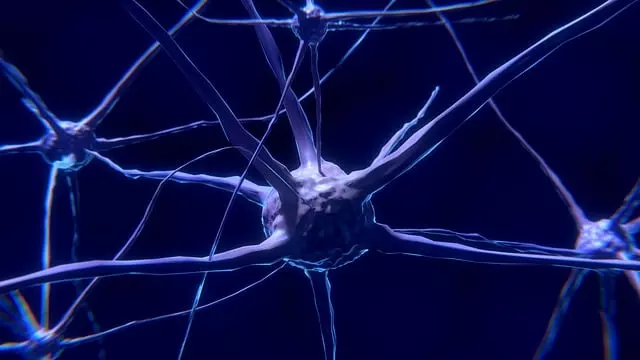Neuroplasticity discoveries and Alzheimer's disease
Introduction to neuroplasticity
Neuroplasticity is an extremely fascinating process that allows our brains to adapt to changing environments, learn new skills and recover from injuries. It is the brain's ability to create new neural connections and modify existing ones. Neuroplasticity is essential to our daily functioning and plays a key role in rehabilitation after injury.
Alzheimer's Disease Definition and Symptoms.
Alzheimer's disease is one of the most common forms of dementia. It is a neurodegradative brain disease that affects memory, thinking and behavior. Symptoms of the disease usually develop gradually and include:
Memory disorders, especially concerning information that has recently been learned.Speech and communication problems, which can lead to difficulty expressing oneself.Changes in personality, which can affect relationships with loved ones.Neuroplasticity and Alzheimer's disease
Research on neuroplasticity in the context of Alzheimer's disease shows that the brain's ability to adapt may be a key factor in delaying symptoms of the disease. Neuroplasticity could potentially lead to:
Improved cognitive function, through the development of new neural connections.Improved adaptation to the damage caused by the disease.Counteracting brain atrophy, which may result in maintaining a better quality of life for patients.
What factors affect neuroplasticity?
There are many factors that directly affect brain neuroplasticity. These include:
Physical activity Research confirms that regular exercise helps maintain a healthy brain.Cognitive stimulation Learning new skills, problem solving and even board games can promote neuroplasticity.A proper diet Foods rich in omega-3 fatty acids, antioxidants and vitamins have a positive impact on brain health.Interventions to support neuroplasticity in Alzhaimer's patients
In response to the increasingly pressing needs of Alzheimer's patients, researchers are developing a variety of interventions to support neuroplasticity. Some of these approaches include:
Therapeutic programs based on cognitive stimulation teaches patients new strategies for thinking and acting.Scheduled exercise Regular physical activities, such as dance or yoga, are recommended in daily rehabilitation.Dietary interventions Adjusting patients' diets to support their cognitive function can help improve their mental well-being.The importance of social and emotional support
Emotional support is a key element in the context of neuroplasticity. People with Alzheimer's disease can experience anxiety and depression, which negatively affects their ability to absorb new information and adapt to changes in the environment. A supportive environment, understanding and empathy from family and friends can significantly improve their quality of life.
The future of research on neuroplasticity and Alzheimer's disease
As research into neuroplasticity and the mechanisms underlying Alzheimer's disease progresses, we can expect to see promising new therapies. Modern advances in neurosciences point to the possibility of developing effective drugs and therapeutic strategies that could promote brain cell regeneration and improve the quality of life for patients with the disease.
Summary
Neuroplasticity is an extremely important process that may play a key role in the management of Alzheimer's disease. As our knowledge in this field deepens, it is becoming clear that the use of effective interventions can significantly affect patients' brain function. Awareness of neuroplasticity can open new doors to emotional and psychological support for patients, which is crucial in combating the challenges of Alzheimer's disease.

Add comment